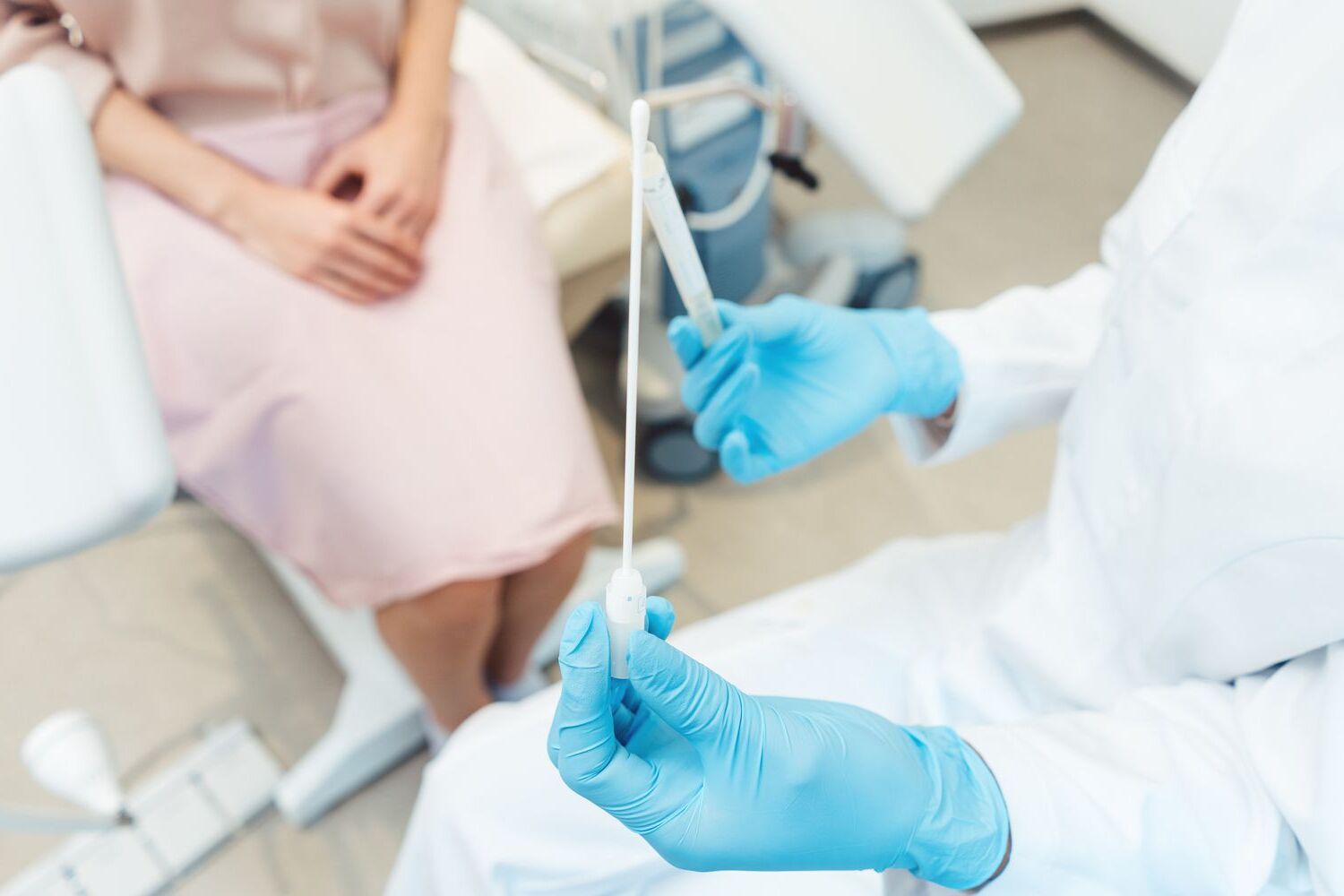
A Pap smear, also known as a Pap test, is a procedure used to screen for cervical cancer in women. This test can detect abnormal cells in the cervix that may develop into cancer if not treated. Regular Pap smears are crucial for early detection and prevention of cervical cancer. The test is simple, quick, and usually performed during a pelvic exam. Women should start getting Pap smears at age 21 and continue every three years if results are normal. For those over 30, the frequency may change based on combined testing with HPV. Understanding the importance and process of a Pap smear can help women take proactive steps in maintaining their reproductive health.
What is a Pap Smear?
A Pap smear is a medical test that helps detect abnormal cells in the cervix, which could indicate cervical cancer or other conditions. This test is crucial for women's health and is often part of routine gynecological exams.
- Named After Dr. Papanicolaou: The test is named after Dr. George Papanicolaou, who developed it in the 1940s.
- Detects Cervical Cancer Early: A Pap smear can identify precancerous or cancerous cells in the cervix, allowing for early treatment.
- Recommended Every 3 Years: Women aged 21 to 65 should get a Pap smear every three years.
- Combined with HPV Test: Sometimes, a Pap smear is combined with an HPV test to check for the virus that can cause cervical cancer.
- Quick Procedure: The test usually takes less than 10 minutes to complete.
- Mild Discomfort: Some women may feel slight discomfort during the test, but it is generally painless.
- Not During Menstruation: It's best to schedule the test when you're not on your period for more accurate results.
- Avoid Intercourse Before Test: Doctors recommend avoiding intercourse, douching, or using vaginal medicines 48 hours before the test.
- Results in a Few Days: Typically, results are available within a few days to a week.
- Follow-Up if Abnormal: If results are abnormal, further testing or a biopsy may be needed.
Importance of Pap Smears
Understanding why Pap smears are essential can motivate more women to keep up with their screenings. Early detection can save lives.
- Reduces Cervical Cancer Rates: Regular Pap smears have significantly reduced the incidence and mortality rates of cervical cancer.
- Monitors Cell Changes: The test helps monitor changes in cervical cells over time.
- Detects Infections: Besides cancer, it can also detect infections and inflammation.
- Part of Routine Check-Up: It's a standard part of a woman's routine health check-up.
- Covered by Insurance: Most health insurance plans cover the cost of a Pap smear.
- Guides Treatment Plans: Results can help doctors create effective treatment plans if abnormalities are found.
- Peace of Mind: Regular testing provides peace of mind knowing you're monitoring your health.
- Encourages Regular Doctor Visits: It encourages women to visit their gynecologist regularly.
- Educational Opportunity: These visits are a chance to learn more about reproductive health.
- Empowers Women: Knowledge about one's health empowers women to make informed decisions.
How to Prepare for a Pap Smear
Proper preparation can ensure the most accurate results. Here are some tips to get ready for your test.
- Schedule Mid-Cycle: Aim to schedule the test about 10 to 20 days after the first day of your last period.
- Avoid Vaginal Products: Don't use tampons, birth control foams, or vaginal creams for 48 hours before the test.
- Empty Bladder: Try to empty your bladder before the test for comfort.
- Wear Comfortable Clothes: Wear something easy to remove from the waist down.
- Relax: Try to stay relaxed during the procedure to minimize discomfort.
- Inform Your Doctor: Let your doctor know if you're pregnant or have any health concerns.
- Ask Questions: Don't hesitate to ask your doctor any questions you have about the test.
- Bring a Friend: If you're nervous, consider bringing a friend or family member for support.
- Follow Up: Make sure to follow up on your results and any recommended next steps.
- Keep Records: Maintain a record of your Pap smear results for future reference.
Understanding Pap Smear Results
Knowing what your results mean can help you take the next steps in your healthcare journey.
- Normal Results: Normal results mean no abnormal cells were found.
- Abnormal Results: Abnormal results don't always mean cancer; they could indicate other issues like infections.
- ASC-US: Atypical Squamous Cells of Undetermined Significance is the most common abnormal result and often requires further testing.
- LSIL: Low-Grade Squamous Intraepithelial Lesion indicates mild abnormalities, often caused by HPV.
- HSIL: High-Grade Squamous Intraepithelial Lesion suggests more severe abnormalities that need immediate attention.
- AGC: Atypical Glandular Cells may indicate more serious conditions and require further investigation.
- Negative for Intraepithelial Lesion or Malignancy: This means no signs of cancer or precancerous changes were found.
- HPV Testing: If HPV is detected, it could increase the risk of cervical cancer.
- Biopsy: If significant abnormalities are found, a biopsy may be recommended to examine the cells more closely.
- Regular Monitoring: Even with normal results, regular monitoring is essential to maintain cervical health.
The Importance of Regular Pap Smears
Regular Pap smears are crucial for maintaining women's health. They help detect cervical cancer early, increasing the chances of successful treatment. Skipping these tests can lead to undetected issues that might become severe over time.
Many women feel anxious about the procedure, but it's quick and generally painless. The benefits far outweigh any discomfort. Early detection through Pap smears can save lives, making it a vital part of routine health care.
Encourage friends and family to stay on top of their health by scheduling regular Pap smears. It's a simple step that can make a huge difference. Don't wait for symptoms to appear; proactive health checks are key.
Remember, taking care of your health today ensures a healthier tomorrow. Regular Pap smears are a small investment in your long-term well-being.
Was this page helpful?
Our commitment to delivering trustworthy and engaging content is at the heart of what we do. Each fact on our site is contributed by real users like you, bringing a wealth of diverse insights and information. To ensure the highest standards of accuracy and reliability, our dedicated editors meticulously review each submission. This process guarantees that the facts we share are not only fascinating but also credible. Trust in our commitment to quality and authenticity as you explore and learn with us.


